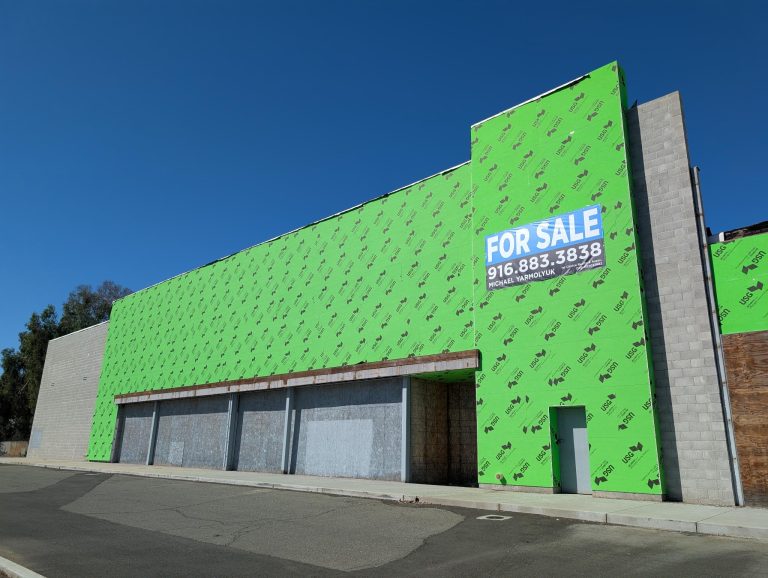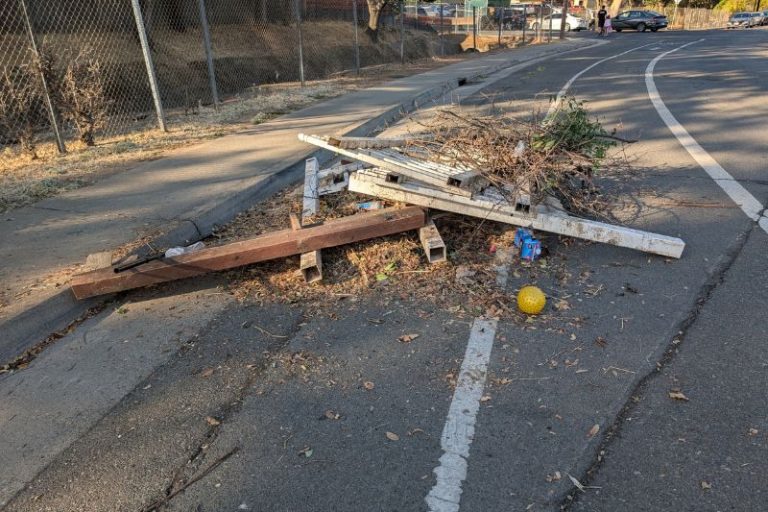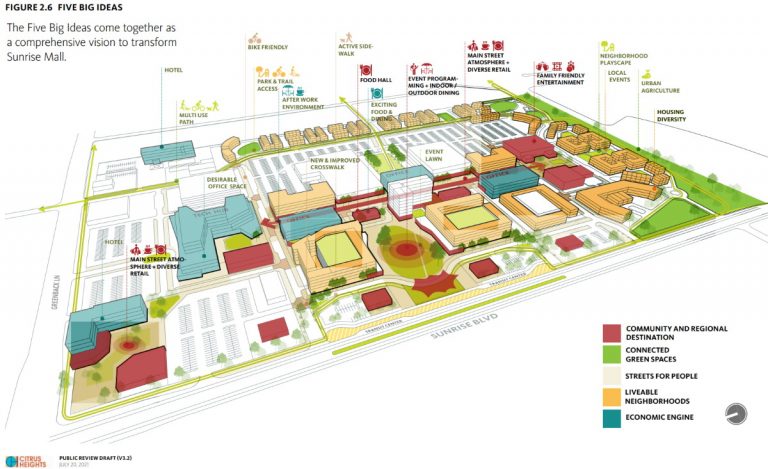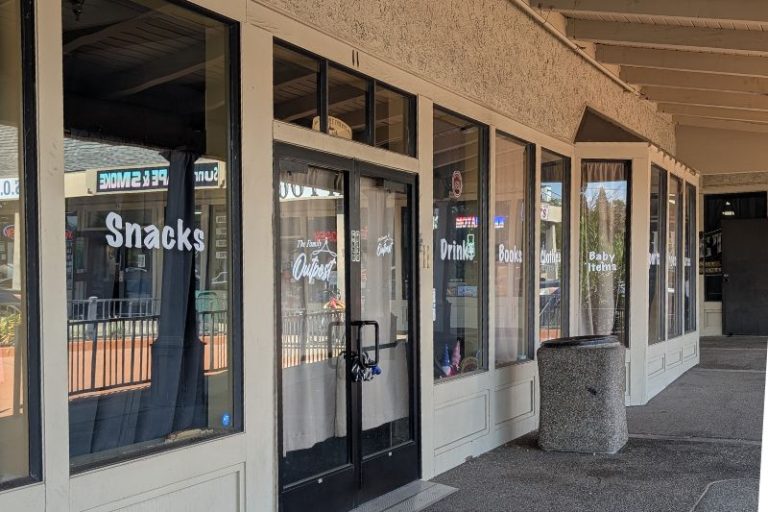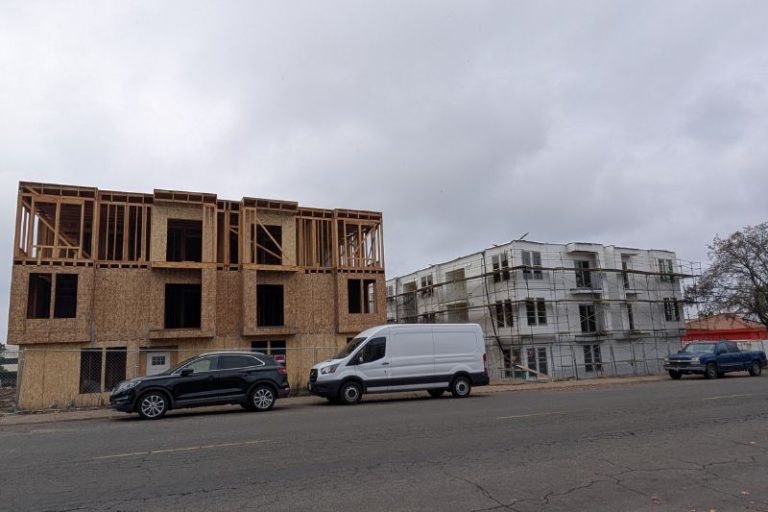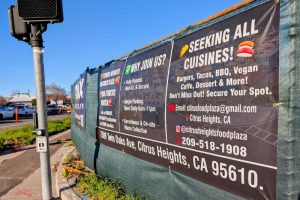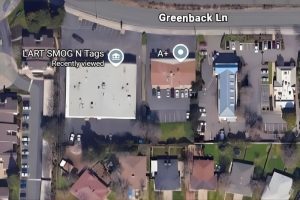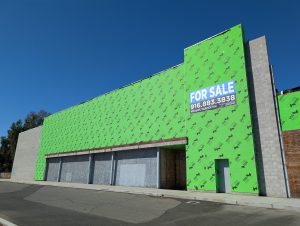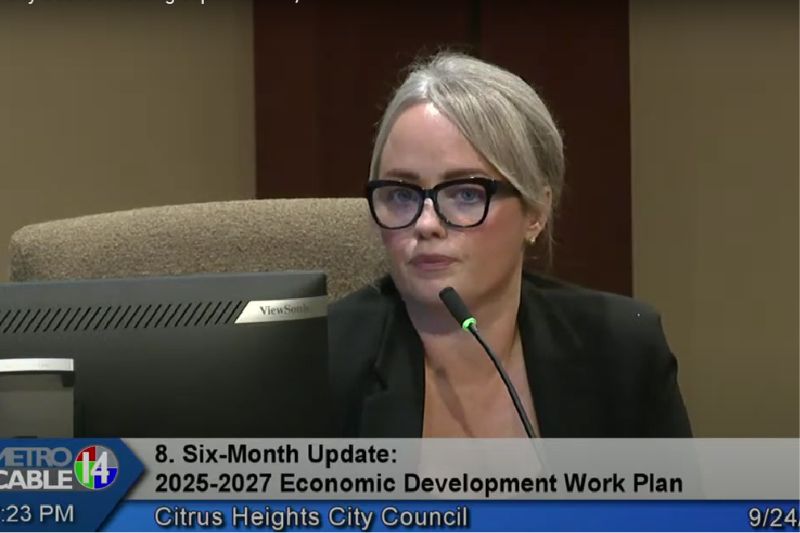
By Sara Beth Williams–
At the Sept. 24 City Council meeting, officials presented survey results showing strong resident support for a potential commercial vacancy reoccupancy ordinance, but several council members pressed for greater outreach to property owners.
Economic Development and Community Engagement Director Meghan Huber presented findings from the city’s most recent FlashVote survey, which asked residents about their experiences with and concerns over commercial vacancies. The survey revealed that 72 percent of respondents believe that vacant buildings detract from the city’s overall image, 68 percent said they attract homeless encampments, and 48 percent reported that vandalism at these sites often goes unrepaired.
When asked about solutions, 85 percent supported requiring property owners to meet basic upkeep and maintenance standards, 61 percent supported minimum security requirements, and 50 percent backed a registration requirement for vacant properties that are not being maintained. Overall, 79 percent of participants said they would strongly or somewhat support the adoption of a potential vacancy ordinance.
Huber explained that unlike residential code enforcement, which typically responds to complaints after violations occur, the city currently has no proactive tool for ensuring commercial properties are maintained once they become vacant. A vacancy ordinance, she said, could introduce preventative maintenance standards to keep properties market-ready, reduce fire risks and vandalism, and avoid costly major repairs down the line.
“Early action is less costly than major repairs,” she told the council, adding that such an approach builds on the city’s recent efforts to reduce visible blight.
While the FlashVote results offered a clear picture of resident sentiment, several councilmembers voiced concerns about the absence of property-owner data in the survey process. Vice Mayor Marijane Lopez-Taff noted that while residents experience the negative impacts of blight, they may not fully understand the financial burdens or regulatory challenges that property owners would face if such an ordinance is passed.
“It would be grossly unfair for people who don’t own commercial properties to comment on commercial property fines and fees when they don’t truly understand what that means from an owner’s point of view,” Lopez-Taff said, suggesting that the city pursue a parallel survey focused on commercial property owners to better balance perspectives.
Councilmember Tim Schaefer expressed skepticism about whether such a survey would generate useful feedback, pointing out that many problematic property owners live out of state or outside the country and are often unresponsive to city outreach.
Lopez-Taff and Councilmember Kelsey Nelson noted that non-responses from property owners would be considered in themselves a form of data.
Huber explained that while the city’s business bulletin reaches more than 3,000 businesses, including all 1,500 brick-and-mortar locations, past attempts to collect data from the commercial property owners have yielded very low response rates. By contrast, FlashVote, which the city has used since 2022, has built a panel of 821 residents and provides relatively consistent participation.
“I wish we had more,” Huber said of property-owner feedback, “because that’s exactly the market intelligence we need.” She confirmed staff would consider adding a property-owner survey to the outreach plan but cautioned against expecting statistically valid results and a high volume of response.
Community Development Director Casey Kempenaar described the draft ordinance that staff have been refining since earlier this year. The proposal would require property owners to register vacant spaces with the city, provide emergency contact information, submit security plans, and meet minimum maintenance requirements. Registration fees would help cover the city’s administrative costs. Kempenaar emphasized that the goal is not to penalize responsible owners but to ensure vacant properties do not deteriorate to the point where they harm surrounding neighborhoods or businesses.
The city has already gathered input from the Sunrise Marketplace board and also held a workshop with property owners in August. Feedback from that workshop included requests for expanded exemptions for “good actors,” longer compliance deadlines beyond the 30 days currently proposed, and tiered enforcement that takes into account a property owner’s track record.
Staff will continue refining the draft ordinance and incorporating feedback from both residents and property owners before bringing the proposal back for formal consideration at a future meeting.

